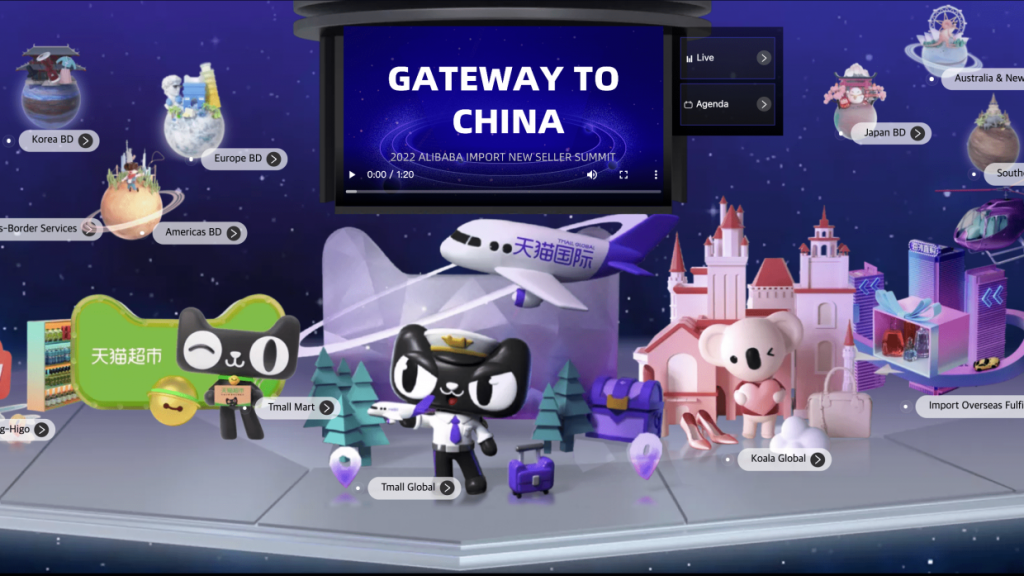China is the world’s largest e-commerce market, set to reach $3.3 trillion by 2025. Here’s how the country’s major platforms are vying for domination.

China is the world’s largest e-commerce market. It’s set to reach $3.3 trillion in size by 2025. Last year, group-buying tech platform Pinduoduo explored new territory with its overseas platform Temu. It quickly topped app store rankings and grew to over 5 million installs in the US. Meanwhile, ByteDance plunged deeper into the murky waters of e-commerce with the launch of Douyin Mall.
But with many of these platforms swimming in the same waters, how will these battles unfold in 2023?
The major players: Taobao and Pinduoduo
Alibaba-owned Taobao and Tmall still reign supreme at a combined Gross Merchandise Value (GMV) of $1.38 trillion in 2021. For reference, Taobao and Tmall’s main competitor JD.com’s GMV was at $244 billion. JD’s strengths in fast delivery and high-quality products correspond to an audience that skews slightly more affluent. Taobao is widely popular while Tmall is the premier destination for luxury goods, boasting over 200 high-end brands on its platform.
Alibaba has been, for a long time, the largest e-commerce player. It’s the gold standard. It’s the Beatles: Everyone knows the name and that is a big part of its appeal. It essentially invented modern music (or e-commerce). But even if you know and like the Beatles, you might not listen to them. You prefer something new, better, faster. Taobao and Tmall’s volumes may be high, but its growth rate is dwindling and giving way to new platforms like Pinduoduo or Douyin. Continue to read the full article here





